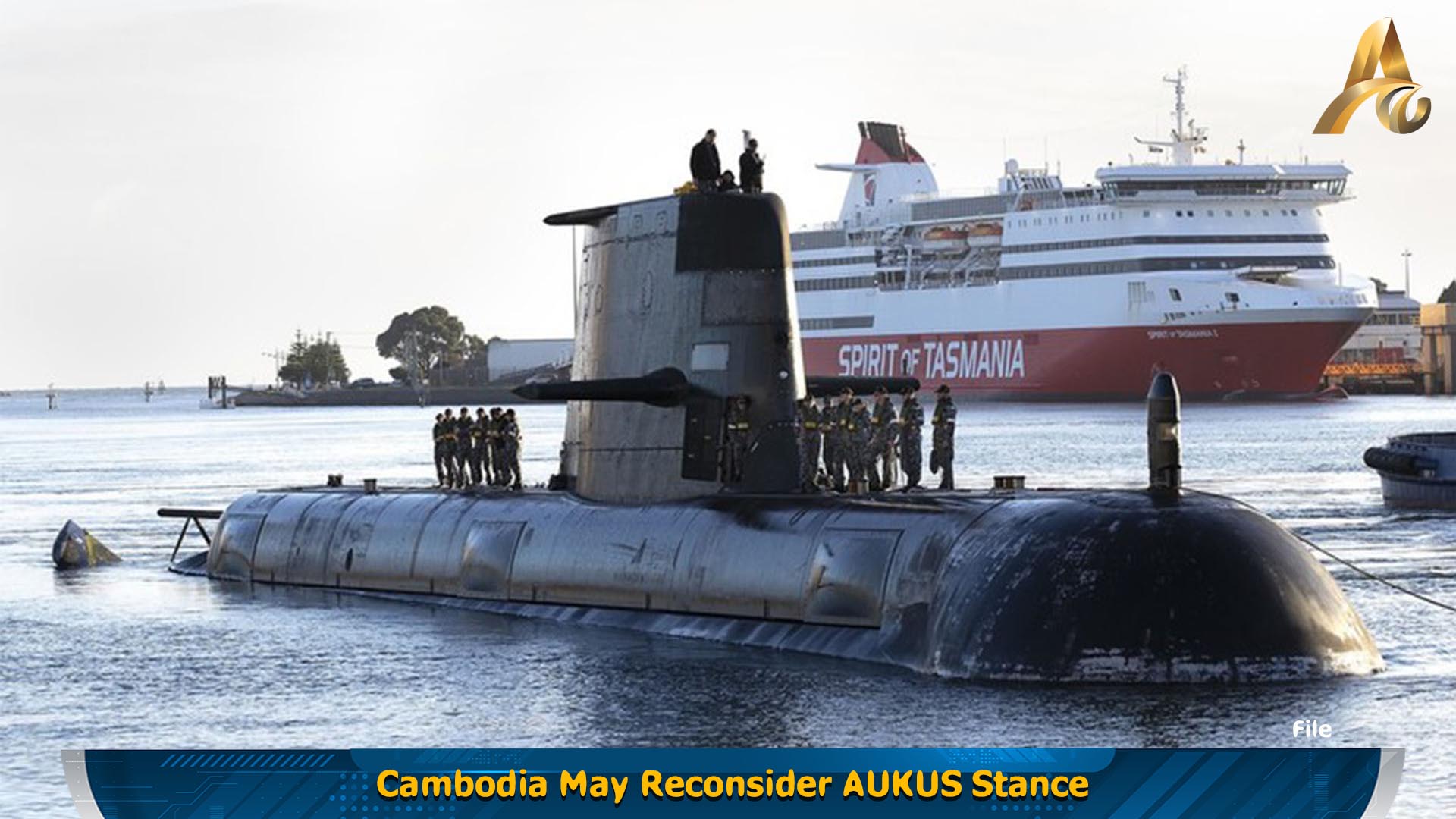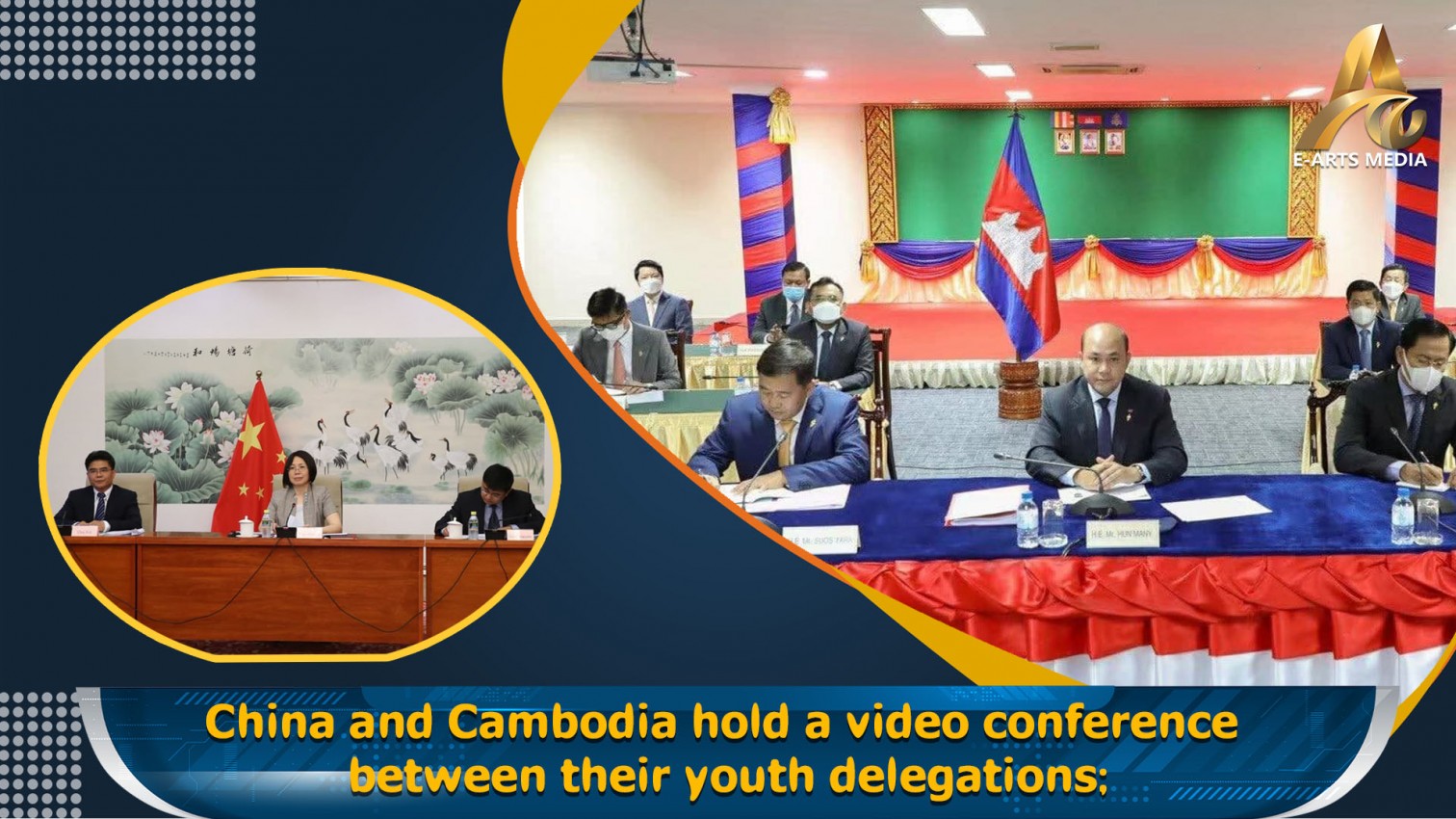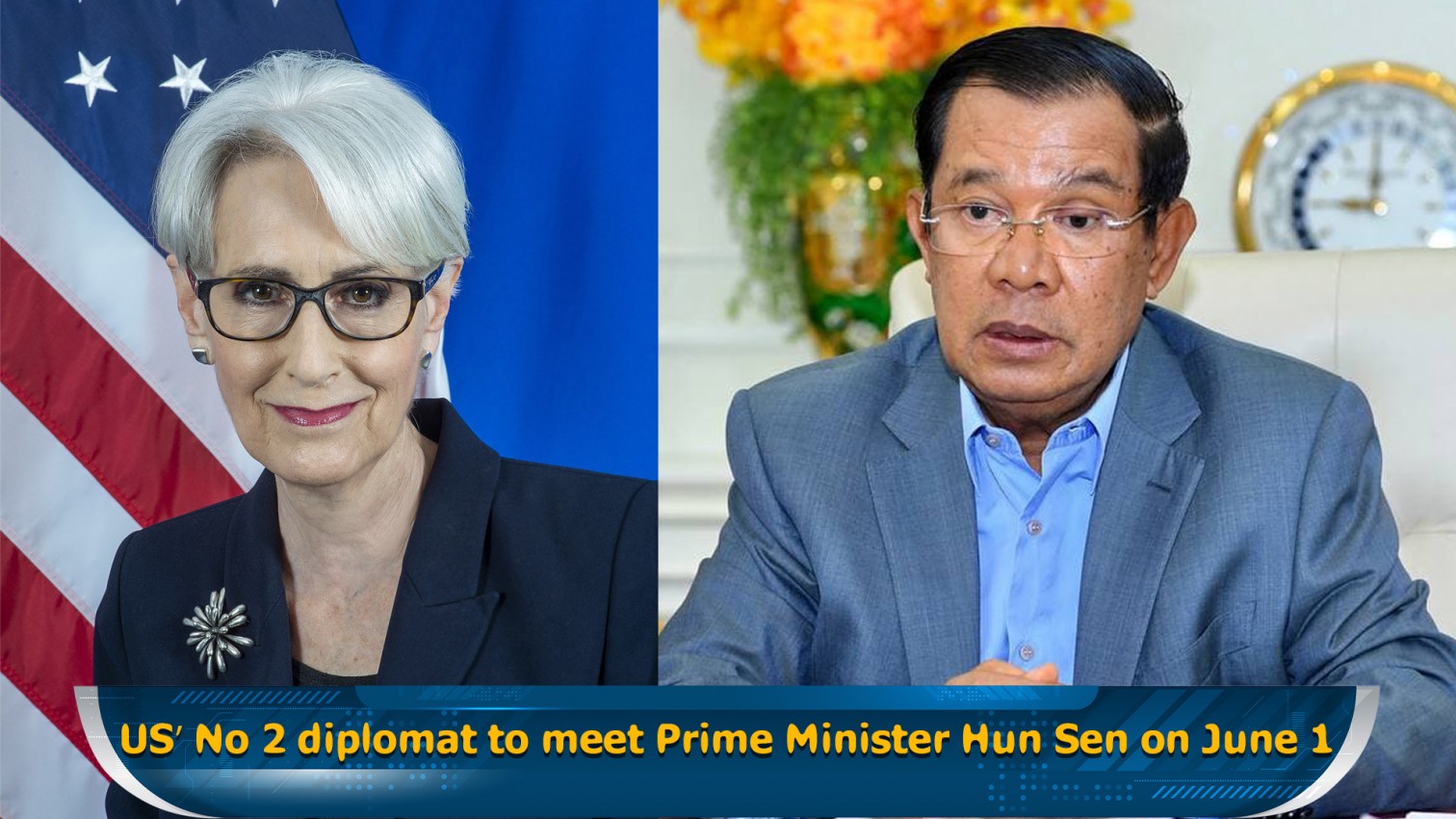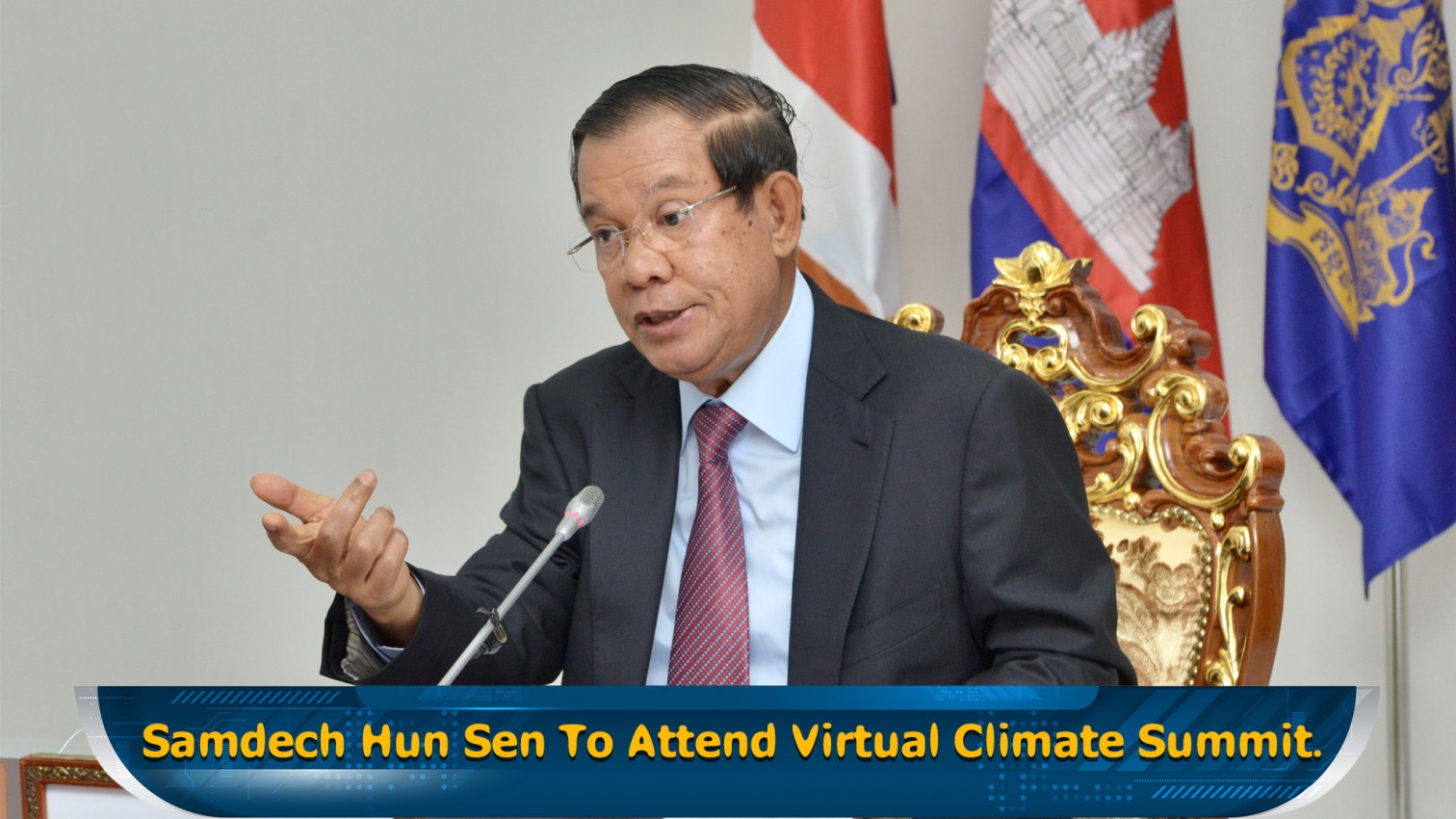PHNOM PENH: Prime Minister Hun Sen said that Cambodia may reconsider its stance on the development of nuclear submarines between Australia, the United Kingdom and the United States (AUKUS) after criticism of the Ream Naval Base in Sihanoukville. He also questioned the West’s ability to understand Cambodian affairs.
Speaking at the graduation ceremony of Build Bright University on Thursday morning, 16 March 2023, the Prime Minister noted that there is a campaign to defame Cambodia through the naval base, despite the government’s transparency in its development.
The Prime Minister emphasized that the construction of the Ream Naval Base will be completed, as it is Cambodia's sovereign right to defend itself. He also reiterated that there was no Chinese military presence in Cambodia and that countries who believe so are crazy.
"Do not call Cambodians crazy like you are and do not call China crazy like you are, but if you insist on being crazy, please do so by yourself," he said.
The Prime Minister expressed concern over Western countries’ inability or refusal to understand the situation, despite the transparency and extensive explanations provided. He reiterated that Cambodia has accepted the AUKUS explanation of its own nuclear submarine development.
"If you do not understand me, I do not understand you," he said. “ASEAN countries are concerned because unlike the naval base, which is on fixed land, submarines move through water. Aukus says there are no nuclear weapons aboard, but what if there are? Are they willing to let us check? So far they have not agreed to an inspection.”
The tripartite AUKUS deal is an agreement between Australia, the United Kingdom and the United States to increase the production capacity of nuclear-powered submarines. The deal sparked a backlash from China, which has further stoked tensions.
On 13 March 2023 the AUKUS countries announced that they would share nuclear submarine technology with each other, with the United Kingdom and Australia starting to build domestic nuclear submarines over the next 10 years.
A joint statement released by the AUKUS countries explained, “This plan is designed to support Australia’s development of the infrastructure, technical capabilities, industry and human capital necessary to produce, maintain, operate, and steward a sovereign fleet of conventionally-armed, nuclear-powered submarines. Australia is fully committed to responsible stewardship of naval nuclear propulsion technology.”
Wang Wenbin, the spokesperson for the Chinese Ministry of foreign affairs held a press conference on 15 March 2023 in which he stated that there is no guarantee that Australia will abstain from nuclear proliferation once the nuclear submarine technology is transferred from partnering countries.
“There is nothing in the current International Atomic Energy Agency (IAEA) safeguards system that can ensure effective safeguards, and there is no guarantee that these nuclear materials will not be used by Australia to build nuclear weapons. Therefore, such cooperation poses serious nuclear proliferation risks, and violates the purpose of the Non-Proliferation Treaty (NPT).” he said.
China urged the US, the UK and Australia to earnestly fulfil their non-proliferation obligations and to refrain from undermining the authority and efficacy of the safeguards put in place by the IAEA.
The AUKUS agreement was announced in September 2021 as a new security partnership that will promote a free and open Indo-Pacific region which is secure and stable. The first major initiative of AUKUS was its historic decision to support Australia acquiring conventionally-armed, nuclear-powered submarines (SSNs).
When Cambodia chaired ASEAN in 2022, Australia repeatedly assured Prime Minister Hun Sen of its commitment to non-proliferation. They also sent Australian Foreign Minister Marise Payne to directly explain the intentions of the AUKUS agreement to the Prime Minister.






















